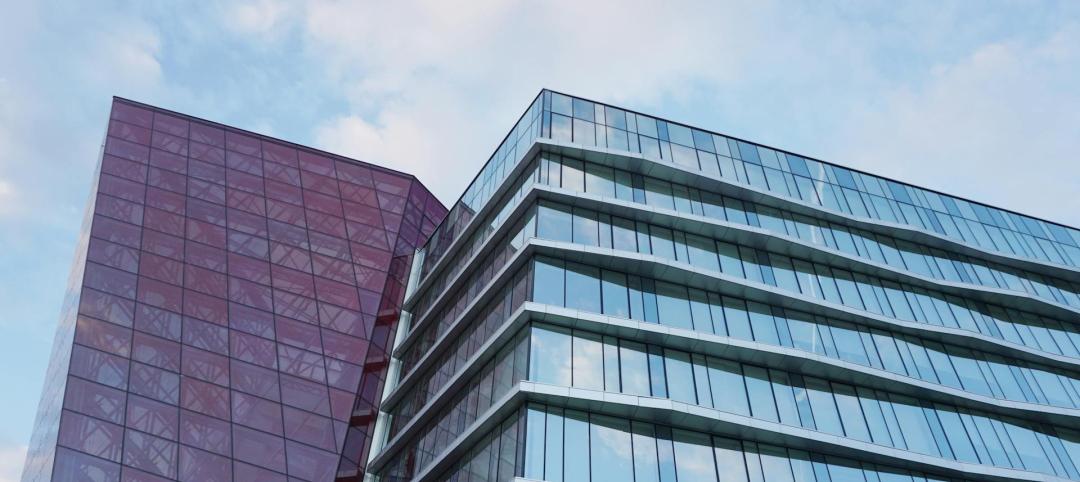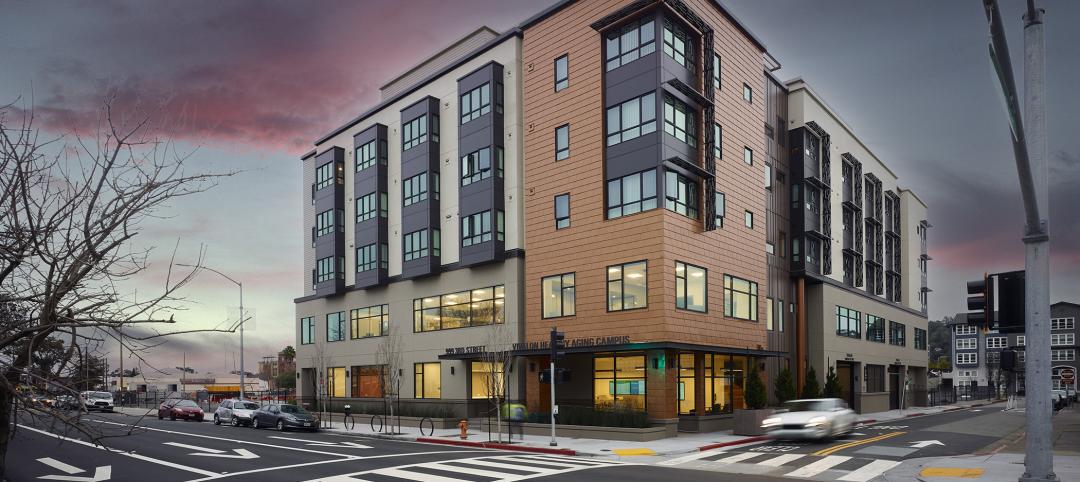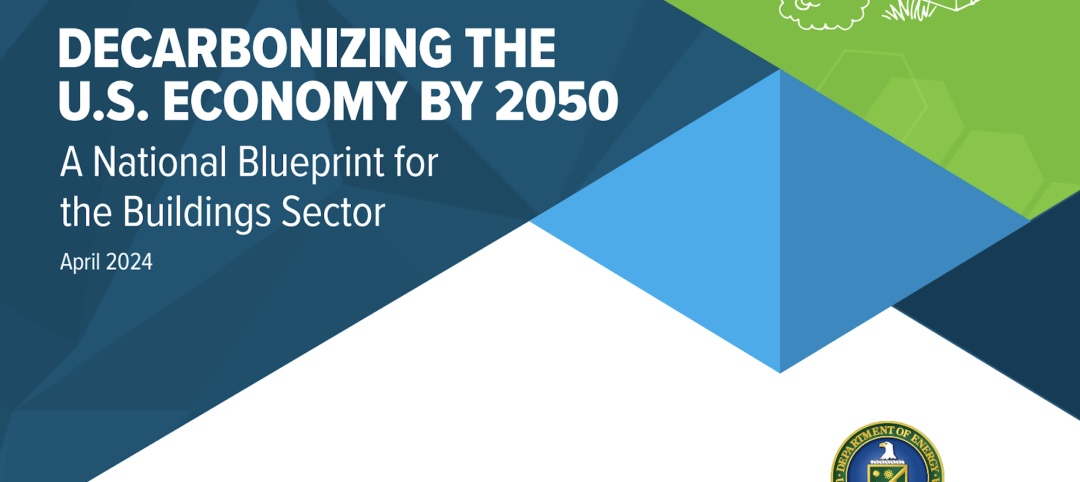Green Business Certification Inc. (GBCI) today announced its 2016 class of LEED Fellows, an annual recognition of outstanding LEED professionals. This year’s 24 LEED Fellows exemplify a diverse array of achievements and contributions to the green building community.
2016 LEED Fellows:
Jim Chidester, Senior Mechanical Engineer, Batson Inc.
Lance Davis, Sustainability Architect, U.S. General Services Administration
Aalok A. Deshmukh, General Manager and Head—Energy Efficiency, Schneider Electric India
Rebecca Dunn Bryant, Principal, Watershed
Steven Guttmann, Principal, Guttmann & Blaevoet
Anne Hicks Harney, Sustainability Director, Ayers Saint Gross
Elizabeth Heider, Chief Sustainability Officer, Skanska USA Inc.
Susan Heinking, Director of High Performance, Pepper Construction Company
Julie Hendricks, Vice President and Director of EcoServices, Kirksey Architecture
R. Kirk Johnson, Director of Sustainable Design, Corgan
Michael Kawecki, Certification Reviewer, GBCI
Juzer S. Kothari, Managing Director, Conserve Consultants Private Limited
Brian Lomel, Principal, TLC Engineering for Architecture
Jorge Lopez de Obeso, Chairman of the Board, EA Energía y Arquitectura
Josée Lupien, President, Vertima—Green Building and Materials Experts
Tom Marseille, Senior Vice President and Director of Sustainability, WSP | Parsons Brinckerhoff
John Mlade, Senior Sustainability Manager, YR&G
Diana Paez, Green Building & Sustainable Materials Specialist, THREE Consultoria Medioambiental
Dana Robbins Schneider, Managing Director, JLL
David Rodriguez, Firm Principal, BCE
Megan Ritchie Saffitz, Director of LEED Support, GBCI
Susie Spivey-Tilson, Senior Program Manager, CBRE
Wes Sullens, Green Building Program Manager, StopWaste
Shigeru Urashima, Regional Senior Staff Architect, Intel
The LEED Fellow program was established in 2011 to honor LEED professionals who have demonstrated exceptional achievement in key mastery elements of LEED certification and significant contributions in teaching, mentoring or research with other industry professionals. LEED Fellows also have a strong history of highly impactful commitment, service, and advocacy for green building and sustainability.
LEED Fellows are nominated by their peers and must have at least 10 years experience in the green building industry and hold a LEED AP with specialty credential, among other requirements. The evaluation process includes extensive portfolio review and is carried out by the LEED Fellow Evaluation Committee and supported by GBCI.
The recipients will be honored at the 2016 USGBC Leadership Awards Luncheon at the Greenbuild International Conference and Expo on Thursday, Oct. 6, 2016 in Los Angeles, California. The nomination period for the 2017 LEED Fellows class will open in January 2017. For more information about the LEED Fellow program, visit usgbc.org/leed/credentials/leed-fellow.
Related Stories
HVAC | May 28, 2024
Department of Energy unveils resources for deploying heat pumps in commercial buildings
To accelerate adoption of heat pump technology in commercial buildings, the U.S. Department of Energy is offering resources and guidance for stakeholders. DOE aims to help commercial building owners and operators reduce greenhouse gas emissions and operating costs by increasing the adoption of existing and emerging heat pump technologies.
Resiliency | May 24, 2024
As temperatures underground rise, so do risks to commercial buildings
Heat created by underground structures is increasing the risk of damage to buildings, recent studies have found. Basements, train tunnels, sewers, and other underground systems are making the ground around them warmer, which causes soil, sand, clay and silt to shift, settle, contract, and expand.
Senior Living Design | May 16, 2024
Healthy senior living campus ‘redefines the experience of aging’
MBH Architects, in collaboration with Eden Housing and Van Meter Williams Pollack LLP, announces the completion of Vivalon’s Healthy Aging Campus, a forward-looking project designed to redefine the experience of aging in Marin County.
Sustainability | May 10, 2024
Perkins&Will’s first ESG report discloses operational performance data across key metrics
Perkins&Will recently released its first ESG report that discloses the firm’s operational performance data across key metrics and assesses its strengths and opportunities.
Sustainable Development | May 10, 2024
Nature as the city: Why it’s time for a new framework to guide development
NBBJ leaders Jonathan Ward and Margaret Montgomery explore five inspirational ideas they are actively integrating into projects to ensure more healthy, natural cities.
K-12 Schools | May 7, 2024
World's first K-12 school to achieve both LEED for Schools Platinum and WELL Platinum
A new K-12 school in Washington, D.C., is the first school in the world to achieve both LEED for Schools Platinum and WELL Platinum, according to its architect, Perkins Eastman. The John Lewis Elementary School is also the first school in the District of Columbia designed to achieve net-zero energy (NZE).
K-12 Schools | Apr 30, 2024
Fully electric Oregon elementary school aims for resilience with microgrid design
The River Grove Elementary School in Oregon was designed for net-zero carbon and resiliency to seismic events, storms, and wildfire. The roughly 82,000-sf school in a Portland suburb will feature a microgrid—a small-scale power grid that operates independently from the area’s electric grid.
75 Top Building Products | Apr 22, 2024
Enter today! BD+C's 75 Top Building Products for 2024
BD+C editors are now accepting submissions for the annual 75 Top Building Products awards. The winners will be featured in the November/December 2024 issue of Building Design+Construction.
Codes and Standards | Apr 12, 2024
ICC eliminates building electrification provisions from 2024 update
The International Code Council stripped out provisions from the 2024 update to the International Energy Conservation Code (IECC) that would have included beefed up circuitry for hooking up electric appliances and car chargers.
Codes and Standards | Apr 8, 2024
First federal blueprint to decarbonize U.S. buildings sector released
The Biden Administration recently released “Decarbonizing the U.S. Economy by 2050: A National Blueprint for the Buildings Sector,” a comprehensive plan to reduce greenhouse-gas (GHG) emissions from buildings by 65% by 2035 and 90% by 2050.

















